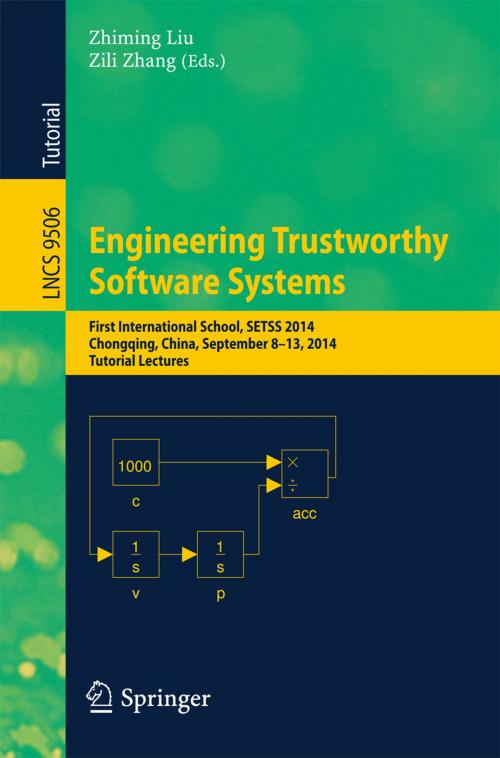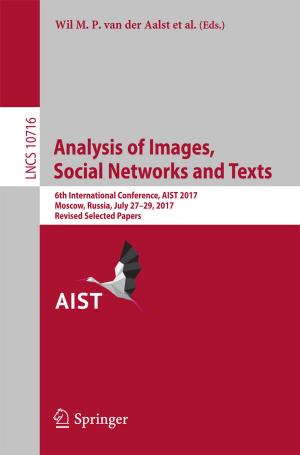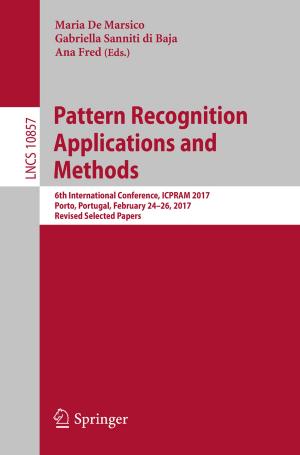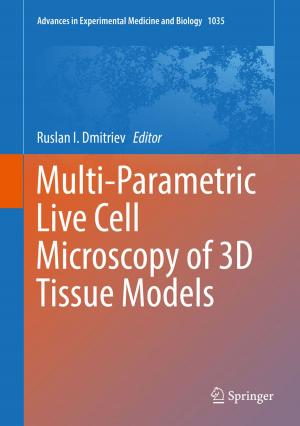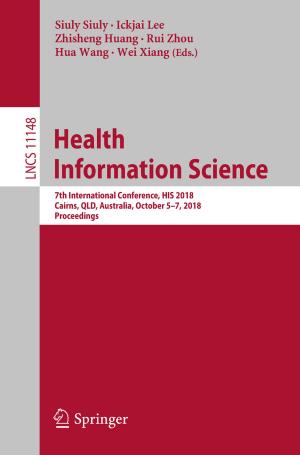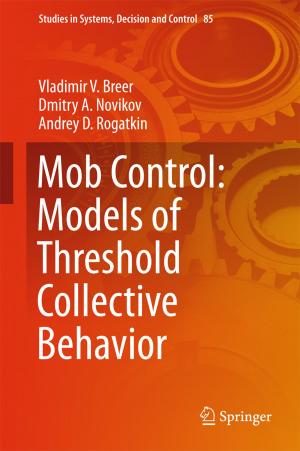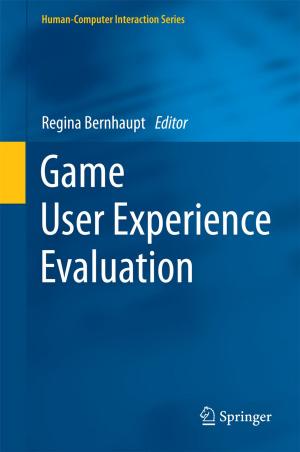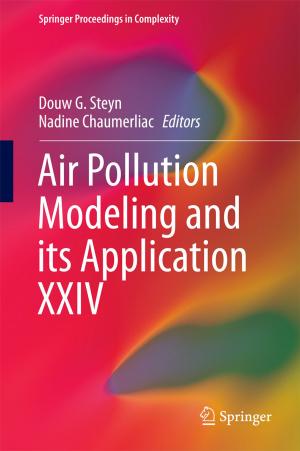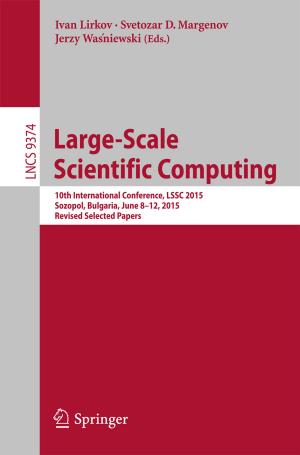Engineering Trustworthy Software Systems
First International School, SETSS 2014, Chongqing, China, September 8-13, 2014. Tutorial Lectures
Nonfiction, Computers, Programming, Software Development, General Computing| Author: | ISBN: | 9783319296289 | |
| Publisher: | Springer International Publishing | Publication: | February 29, 2016 |
| Imprint: | Springer | Language: | English |
| Author: | |
| ISBN: | 9783319296289 |
| Publisher: | Springer International Publishing |
| Publication: | February 29, 2016 |
| Imprint: | Springer |
| Language: | English |
This volume contains the lecture notes of the five courses and one seminar given at the School on Engineering Trustworthy Software Systems (SETSS 2014), held in September 2014 at Southwest University in Chongqing, China.
The material is useful for postgraduate students, researchers, academics and industrial engineers who are interested in the theory and practice of methods and tools for the design and programming of trustworthy software systems. The common themes of the courses include the design and use of theories, techniques and tools for software specification and modeling, analysis and verification. The courses cover sequential programming, component- and object software, hybrid systems and cyber-physical systems with challenges of termination, security, safety, security, fault-tolerance and real-time requirements. The techniques include model checking, correctness by construction through refinement and model transformations, synthesis and computer algebra.
This volume contains the lecture notes of the five courses and one seminar given at the School on Engineering Trustworthy Software Systems (SETSS 2014), held in September 2014 at Southwest University in Chongqing, China.
The material is useful for postgraduate students, researchers, academics and industrial engineers who are interested in the theory and practice of methods and tools for the design and programming of trustworthy software systems. The common themes of the courses include the design and use of theories, techniques and tools for software specification and modeling, analysis and verification. The courses cover sequential programming, component- and object software, hybrid systems and cyber-physical systems with challenges of termination, security, safety, security, fault-tolerance and real-time requirements. The techniques include model checking, correctness by construction through refinement and model transformations, synthesis and computer algebra.
